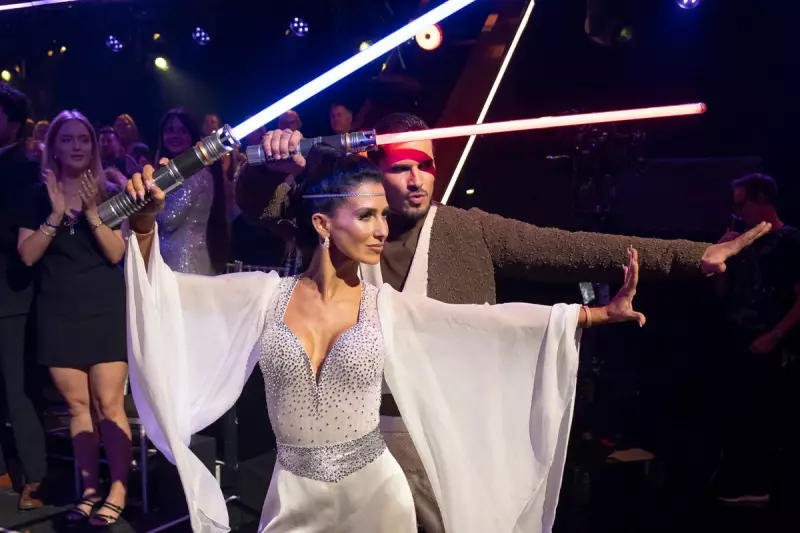
Hilaria Baldwin has broken her silence about the torrent of online criticism she faced following her casting on Dancing With The Stars, delivering an emotional account of the experience during her latest podcast episode.
The wellness influencer and wife of actor Alec Baldwin revealed the profound impact the public backlash had on her mental health, describing the period as particularly challenging for both herself and her family.
The Backlash That Shook Her
"When the DWTS announcement came out, the reaction was... intense," Hilaria shared on her podcast. "I received so much negative feedback and criticism that it became overwhelming to process."
The mother of seven explained how the online vitriol extended beyond typical celebrity criticism, touching on personal aspects of her life and identity that made the experience especially painful.
A Family Affected
Hilaria didn't shy away from discussing how the controversy affected her household. "My children were aware of what was happening," she revealed, her voice filled with emotion. "Having to explain to them why people were saying such hurtful things about their mother was one of the most difficult conversations I've ever had."
The Baldwin family found themselves at the centre of a media storm, with every move scrutinised and every past action re-examined by critics and supporters alike.
Finding Strength Amidst Criticism
Despite the challenging experience, Hilaria emphasised her determination to move forward positively. "I've learned that you can't control what people say about you, but you can control how you respond," she told her listeners.
Her candid discussion touched on broader themes of online behaviour and the very real consequences of digital criticism on mental health and family life.
The Road to Healing
Hilaria's decision to speak openly about the DWTS fallout marks a significant step in her journey through the controversy. By sharing her experience on her own platform, she reclaims the narrative while offering insight into the human cost of celebrity culture.
The podcast episode serves as both a personal catharsis and a commentary on the often brutal nature of public opinion in the age of social media.





